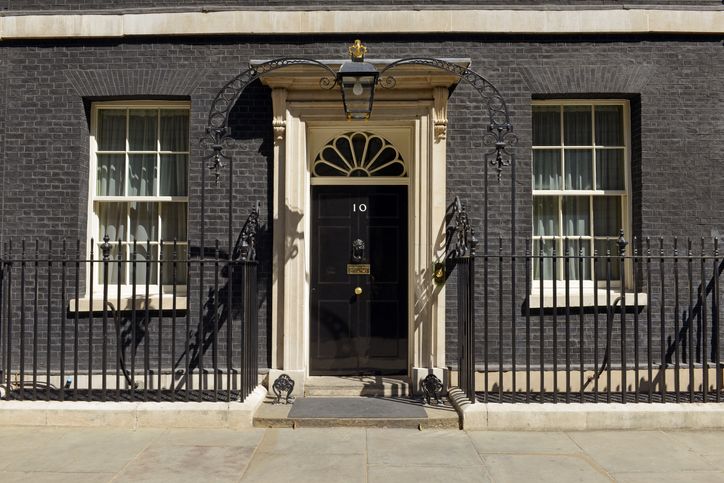#FixSocial Care campaign wrap-up

Social care budgets have been under pressure for several years now. United Response and other campaigners have been sounding this alarm for years, yet successive governments have failed to heed our calls for urgent action. Chronic negligence and political choices to reduce grants and close services have contributed to what’s been aptly described as “a perfect storm of staffing shortages, fewer care beds, and higher costs.”
United Response’s campaign sought to highlight these barriers to meaningful reform to the government and impress the need for urgent change. Boris Johnson’s pledge in July 2019 to “fix social care” once and for all proved to be a false dawn; his government’s white paper on reform and subsequent ‘Build Back Better’ plan (seemingly) acknowledged the scale of chronic underinvestment and immense working pressures care professionals were facing. Yet neither document prioritised fundamentally tackling these issues’ root causes nor investing anywhere near enough funds to back up its limited proposals.
A new Prime Minister’s arrival in Downing Street offered the real possibility to start afresh. Both Liz Truss and Rishi Sunak campaigned on a platform of upgrading the health and social care system, and the former’s £13 billion promise for adult social care was a prime opportunity to address long-standing institutional problems with targeted, serious money.
Our open letter called for for emergency funding to meet providers’ caring and staffing costs in the lead-up to a forebodingly tough winter; this sum would be critical in meeting this goal. It would also go a long way in uplifting the minimum pay rate for social care workers to Band 3 on the NHS pay scale.
It became increasingly clear during Liz Truss’ first two weeks that her pledge was a damp squib. At no point, in either her opening address on the steps of Number 10, her first speech to the House of Commons as Prime Minister, or her first (and only) Leader’s keynote at the Conservative Party Conference did she specify how this money would be raised or where it would be allocated. These questions only intensified after the infamous mini-budget sought to scrap the Health and Social Care Levy and rise in National Insurance contributions – depriving an estimated £12 billion worth of much-needed income from the sector.
Amidst the chaos triggered in the mini-budget’s wake, financial stability eclipsed all other policy areas, not least health and social care.
Opportunities to influence government policy became fewer and fewer as the days went by, where resignations and dismissals became so frequent it left campaigners and the country alike in a dangerous limbo of uncertainty. Jeremy Hunt’s appointment as the new Chancellor after 38 days of Kwasi Kwarteng then signalled a 180° shift in the government’s economic consensus – “difficult decisions” and “tough choices” became the new watchwords from Number 11, as he reversed most of his predecessor’s tax cuts and borrowing plans. Reading between the lines, we all know what that means.
As we approach the Medium Term Fiscal Plan’s announcement on the 17th November, neither he nor Rishi Sunak can afford to neglect social care any further. COVID-19 marked a watershed moment in financial support for social care, yet demand for services during and since the pandemic has only increased, whilst central government funding to help providers has stopped. 98% of English Councils surveyed by the Local Government Association don’t believe that the Government’s adult social care plan is funded well enough. Staff shortages have risen by 52% alone this year and are expected to climb with further inaction.
Going forward, we need the Prime Minister and Chancellor to include the following actions in the Plan:
- Uplift disability benefits in-line with inflation.
- Dedicated funding for disabled households to provide support through the energy and cost of living crisis.
- Allocate short-term emergency funding for providers to meet costs coming winter months and to allow us to pay staff fairly
- Commit to benchmarking the minimum pay rate for social care workers to NHS Band 3 (currently £10.40) and to funding its introduction from April 2023.